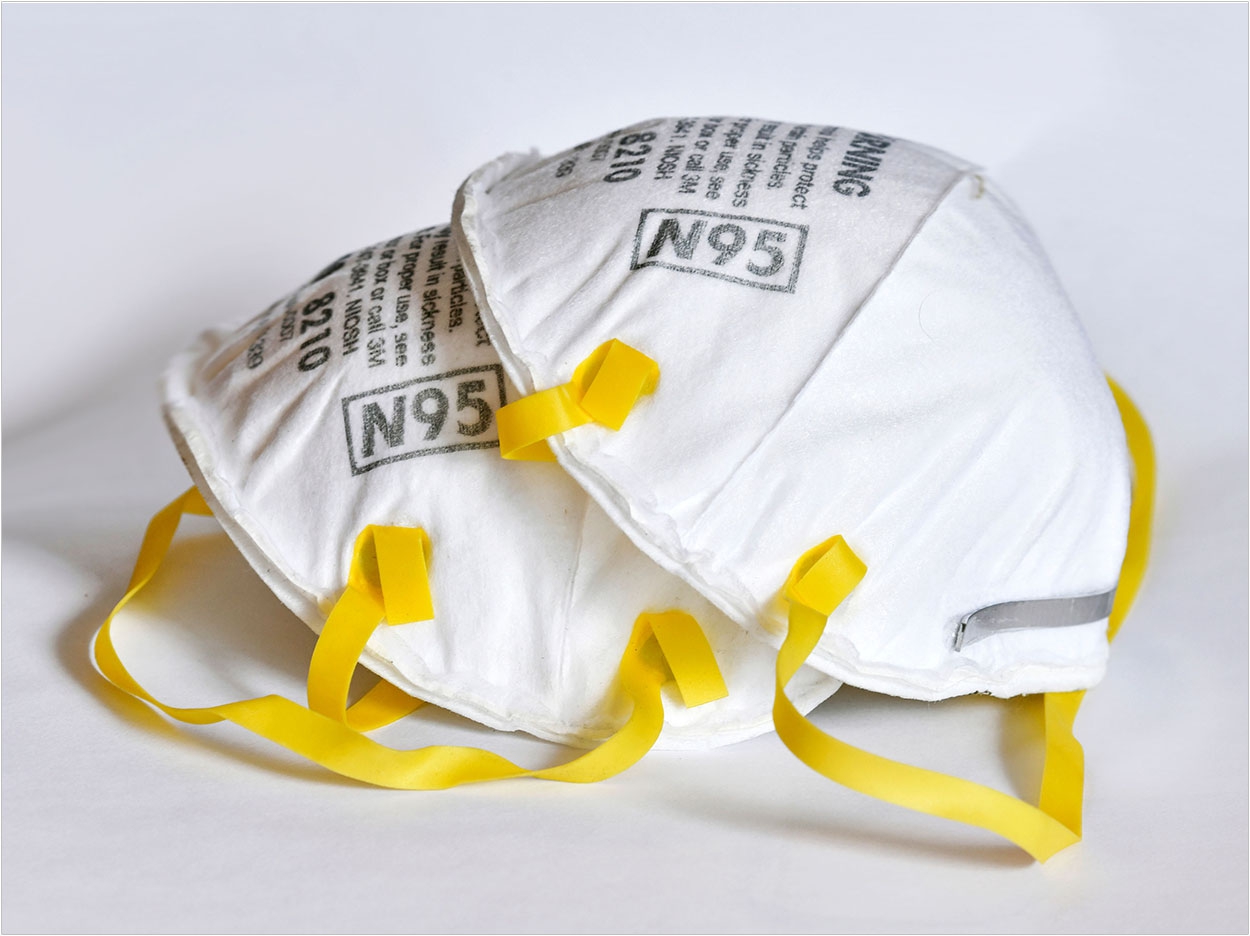
Researchers with the McGill University Faculty of Dentistry will conduct a long-term study of COVID-19 incidence rates among dentists and risks associated with the use of aerosol-generating procedures (AGPs) and N95 masks through the phased reopening of dental care services across different jurisdictions in Canada.
Since the COVID-19 pandemic emerged in Canada in March 2020, dental regulatory authorities (DRAs) in provinces and territories across the nation obliged dentists to close their offices to routine care and provide emergency care only. The guidelines for dentists on the use of personal protective equipment (PPE) and high-risk procedures such as AGPs vary between jurisdictions.
Some provinces have started allowing dentists to reopen their offices, but guidelines on infection control, treatment, and other procedures as dentists return to work have minimal evidence to support them, the researchers said.
The researchers propose a prospective cohort study of dentists during the reopening phase of dental services in Canada. An online questionnaire adopted from WHO Unity Study protocols for assessment of COVID-19 risk among healthcare workers will be used to collect information on socio-demographics, details of dental care provided to patients in the previous week, and symptoms related to COVID-19 and viral status such as a COVID-19 positive test.
Saliva samples for detecting COVID-19 cases also will be collected at baseline and every four weeks. Participants will be followed on their viral status, clinical activities, and COVID-19 status every two weeks post-baseline for a period of 12 months. Statistical analysis of the collected data will allow for the estimations of the incidence and prevalence of COVID-19 cases among Canadian dentists and to identify the risks associated with AGPs and N95 masks.
The results of the study will help the DRAs to monitor disease occurrence among dentists as they return to work and in developing evidence-based clinical practice guidelines and, as a result, prevent further spread of COVID-19, the researchers said.
Related Articles
Three-Step Plan Improves Indoor Air Quality in Open-Space Offices
#SAFESMILES Campaign Stresses the Safety of Dental Visits
How Liable Are Dental Practice Owners During the COVID-19 Pandemic?












